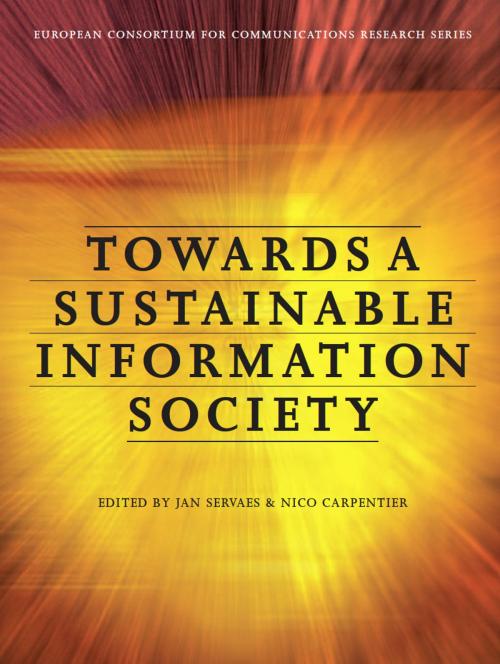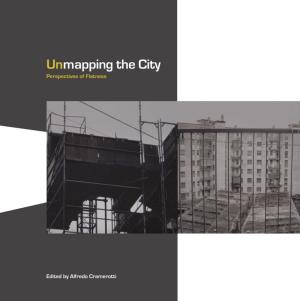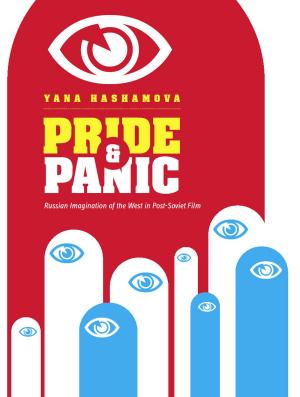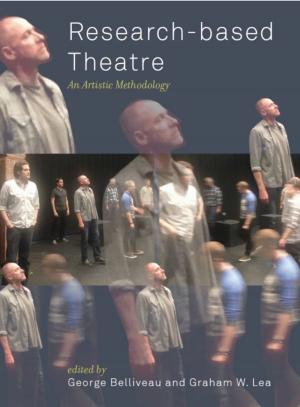Towards a Sustainable Information Society
Deconstructing WSIS
Nonfiction, Computers, General Computing, Reference & Language, Reference, Social & Cultural Studies, Political Science| Author: | Nico Carpentier, Jan Servaes | ISBN: | 9781841509471 |
| Publisher: | Intellect Books Ltd | Publication: | January 1, 2006 |
| Imprint: | Intellect | Language: | English |
| Author: | Nico Carpentier, Jan Servaes |
| ISBN: | 9781841509471 |
| Publisher: | Intellect Books Ltd |
| Publication: | January 1, 2006 |
| Imprint: | Intellect |
| Language: | English |
The Information Society is one of the recurrent imaginaries to describe present-day structures, discourses and practices. Within its meaning is enshrined the promise of a better world, sometimes naively assuming a technological deus ex machina, in other cases hoping for the creation of policy tools that will overcome a diversity of societal divides. With the two-phased World Summit on the Information Society (WSIS), the United Nations attempted to stimulate the development of such tools. Simultaneously, the WSIS is a large-scale experiment in multistakeholderism. The objective was to create a more balanced decision-making process that would allow the voices of civil society and business actors to be heard in international politics. This book aims to evaluate the potentialities of both the Information Society, and the WSIS in supporting and constructing more democratic, just and developed societies. It is the second book arising from the intellectual work of European Consortium for Communications Research members.
The Information Society is one of the recurrent imaginaries to describe present-day structures, discourses and practices. Within its meaning is enshrined the promise of a better world, sometimes naively assuming a technological deus ex machina, in other cases hoping for the creation of policy tools that will overcome a diversity of societal divides. With the two-phased World Summit on the Information Society (WSIS), the United Nations attempted to stimulate the development of such tools. Simultaneously, the WSIS is a large-scale experiment in multistakeholderism. The objective was to create a more balanced decision-making process that would allow the voices of civil society and business actors to be heard in international politics. This book aims to evaluate the potentialities of both the Information Society, and the WSIS in supporting and constructing more democratic, just and developed societies. It is the second book arising from the intellectual work of European Consortium for Communications Research members.















